Biodiversity and Productivity of Fish: The Techno-Social and Management Approach
India has been blessed with bounty of nature. Our biodiversity is one of the richest in the world. We can be boast of having about fifty thousand plant diversity and around eighty thousand animal diversity. Occupying only four per cent of the geography of the world, we are possessing eight per cent of the world's biodiversity. The unfathomable spate of urbanizations, changing style of consumption and skewed depletion of natural resources have amounted to the enlarging entropy and mounting anarchy in the biosphere. Global warming has earned the worst Alb Edo ever since the change of traditional life into a ruthlessly consumptive mode of urbanite life. In the face of global warming and swallowing urbanizations, the worst victim is the ichthyofaunal diversity, which has been sustaining the human civilization since inception. So, the need of the hour is to screen out the critical factors amounting to productivity level and remaining resilient to the ecological balances. And logically, this approach needs a peoples participatory tools and techniques for both identifying the reasons of erosion vis-a-vis extinction and there by application of participatory tools to combat the viscitudes of ecological imbalanced. The book has been neatly designed to describe and analyze the biophysical factors of productivity, time and trend analysis to present the fisher folk wisdom in predicting the slope of erosions calculating the Fish Magnitude Volume (FMV) and to statistically analyze the direct and indirect impact of different factors causing erosion of fish species in different Lentic Aqua Systems. Singhbhum of Jharkhand State as a research locale has become an excellent choice since the region can represent the fragility of ecological balances as India is facing to day at large. This book is the output of comprehensive researches; enlighten discourses and strong predicting values to highlight the need and essentiality of biodiversity conservation as well as topping up of productivity through a complete fusion of biophysical and social realms. The authors of this book are eminent scientist and scholars, have long been engaged in biodiversity researches, teaching and extension activities beyond institutional confinement even. This book could provide a road map for selecting and applying some of the participatory tools to initiate a unique research approaches for identifying, scoring and customizing traditional and local estimating techniques for sustaining our balanced growth with nurturing the pristinely of ecological expanse. This book would go useful for both the researchers and professionals of social sciences, environmentalist, social activists, conservation specialist and also to the chores of scientists unconventional sciences like botany, zoology etc.
Get it now and save 10%
BECOME A MEMBER
-
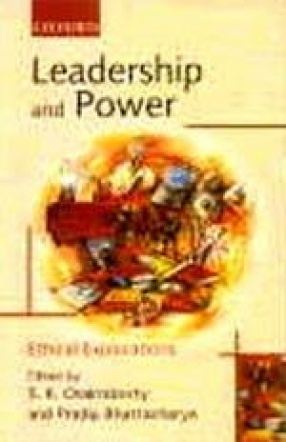
Leadership and Power: Ethical Explorations
-
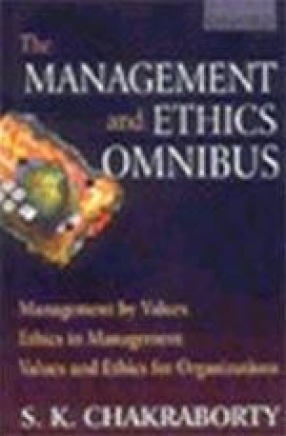
The Management and Ethics Omnibus: Management by Values, Ethics in Management, Values and Ethics for Organisations
-

Management by Values: Towards Cultural Congruence
-

Termite Fauna (Isoptera) of the Andaman and Nicobar Islands, Indian Ocean
-

Value Addition & Quality Issues in Agriculture & Allied Areas: Techniques and Challenges
-
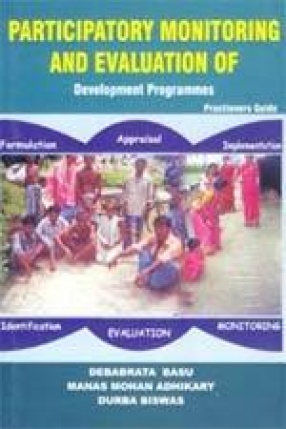
Participatory Monitoring and Evaluation of Development Programmes: Practioners' Guide
-
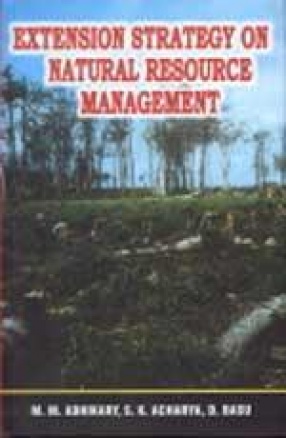
Extension Strategy on Natural Resource Management
-
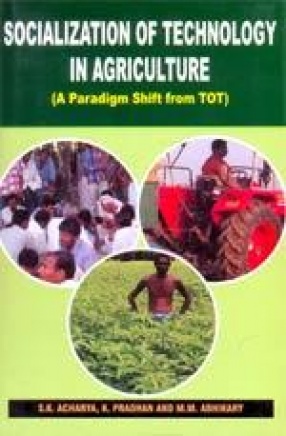
Socialization of Technology in Agriculture: A Paradigm Shift from TOT
-
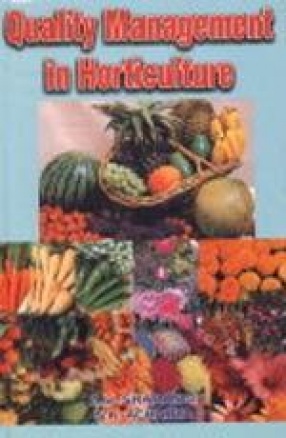
Quality Management in Horticulture

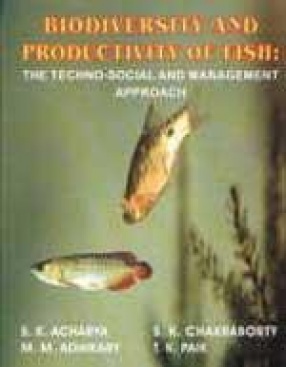
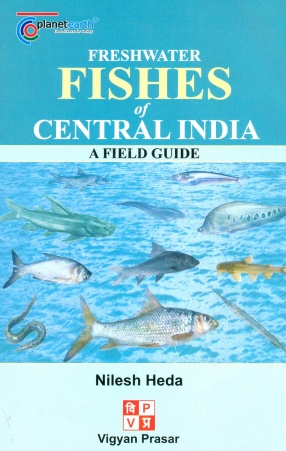
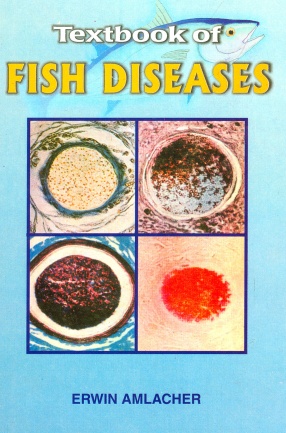
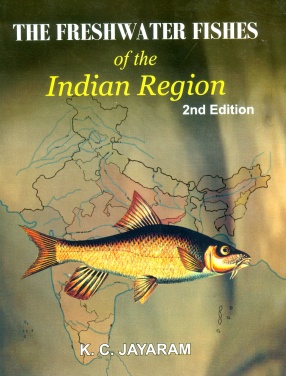
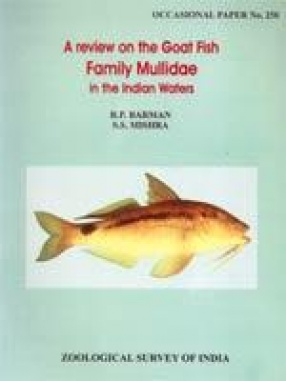

Bibliographic information
M.M. Adhikary
S.K. Acharya
T.K. Paik